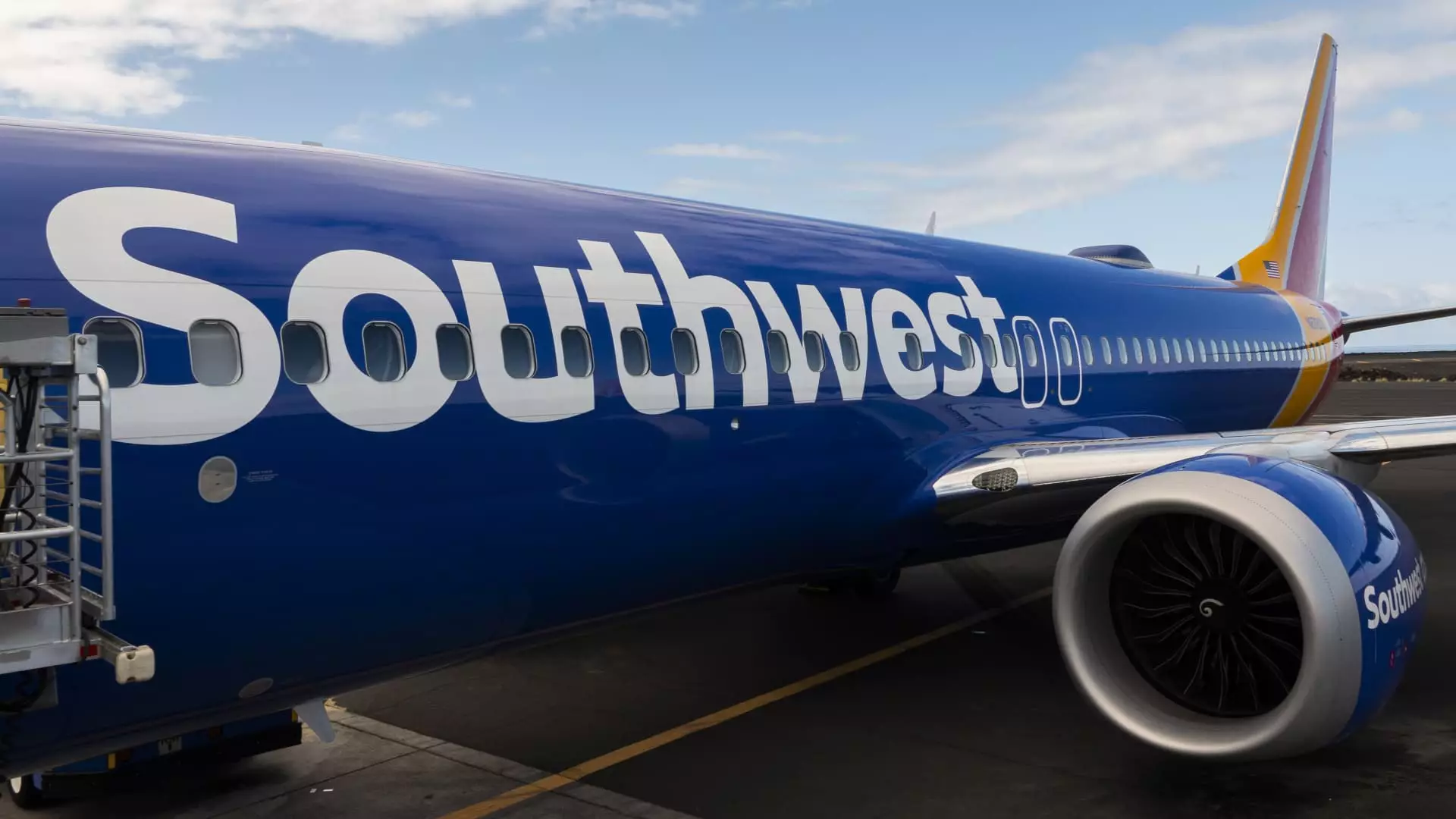Southwest Airlines recently announced a sharp decline in its second-quarter revenue forecast, causing its shares to plummet by approximately 4% in premarket trading. The airline attributed this downward revision to shifting booking patterns, projecting a decrease in revenue per available seat mile between 4% and 4.5% compared to the previous year. Additionally, Southwest revised its unit expenses, excluding fuel, to increase by up to 7.5% over the same period.
In a surprising turn of events, Southwest now anticipates a capacity increase of up to 9% in the second quarter, contrasting with its initial expectation of flat growth. Despite these challenges, the airline remains hopeful of achieving record quarterly operating revenue. The airline industry is currently grappling with soaring costs and expanding capacity, which have put pressure on ticket prices and profit margins.
While Southwest is struggling with changing dynamics, competitors like Delta and United are benefiting from the resurgence of international travel and higher passenger yields. Activist investor Elliott Management has been vocal about the need for leadership changes at Southwest, criticizing the current CEO and Chairman for the company’s underperformance. The airline is facing mounting pressure to explore new revenue streams, such as offering seating assignments or premium services, which could potentially alter its traditional business model.
Southwest’s CEO, Bob Jordan, emphasized the importance of adapting to evolving customer preferences in the current market environment. He acknowledged the need for flexibility and innovation to meet changing consumer demands. The airline is exploring various strategies to enhance its revenue generation capabilities and enhance its competitive position in the industry. Despite the challenges posed by fluctuating booking patterns and investor scrutiny, Southwest remains optimistic about its ability to navigate through turbulent times and emerge stronger in the long run.

